Neil Forbes is a Cree member of Saddle Lake First Nation and has been Director of Education for Lennox Island First Nation, Prince Edward Island, for the past 10 years. Neil’s research focuses on the Indigenization of health and wellness programs for the urban Aboriginal community of PEI.
Iloradanon Efimoff, University of Manitoba
Iloradanon Efimoff is a Haida and European settler woman from the northwest coast of British Columbia. She has lived all over Western Canada pursuing her education and is currently a Ph.D. Candidate in the Department of Psychology at the University of Manitoba. Her Vanier-funded dissertation research focuses on creating …


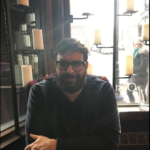
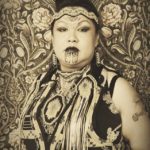 Morning Star (Nicole Eshkakogan) is Anishnawbe/Blackfoot from Sagamok AnishnawbekFirstNation, Ontario, and the Piikani Nation of the Blackfoot Confederacy in Southern Alberta. I am completing my Ph.D. in Sociology at the University of Alberta studying the experiences of indigenous grandmothers providing care for children of MMWIG.
Morning Star (Nicole Eshkakogan) is Anishnawbe/Blackfoot from Sagamok AnishnawbekFirstNation, Ontario, and the Piikani Nation of the Blackfoot Confederacy in Southern Alberta. I am completing my Ph.D. in Sociology at the University of Alberta studying the experiences of indigenous grandmothers providing care for children of MMWIG.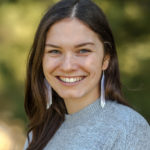
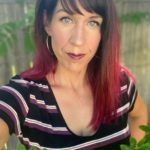
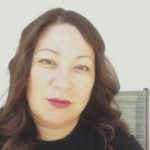 Stephanie Sinclair
Stephanie Sinclair Taylor Morriseauis a member of Peguis First Nation and a CIHR Vanier Scholar examining early-onset type 2 diabetes among Indigenous youth in Manitoba. She currently serves on the Chief Science Advisor’s Youth Council and was recognized by WXN as a recipient of Canada’s Most Powerful Women Top 100 award.
Taylor Morriseauis a member of Peguis First Nation and a CIHR Vanier Scholar examining early-onset type 2 diabetes among Indigenous youth in Manitoba. She currently serves on the Chief Science Advisor’s Youth Council and was recognized by WXN as a recipient of Canada’s Most Powerful Women Top 100 award. Zoe Verlaan
Zoe Verlaan